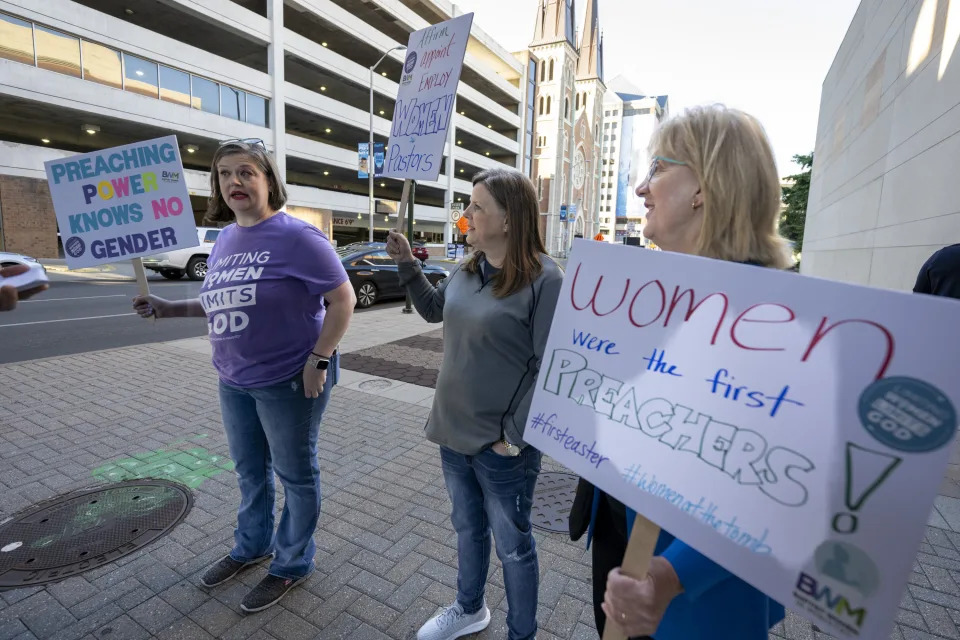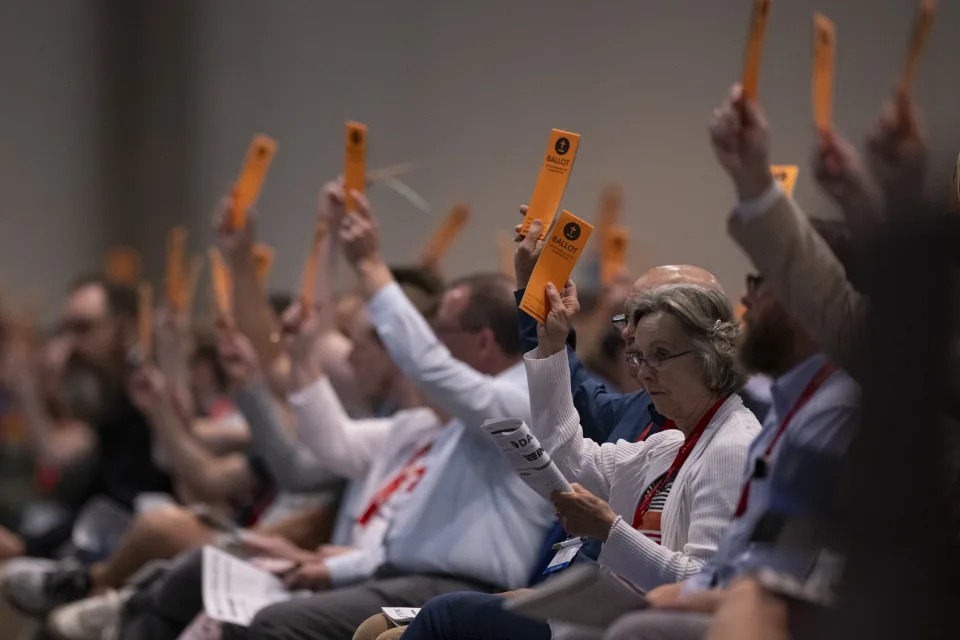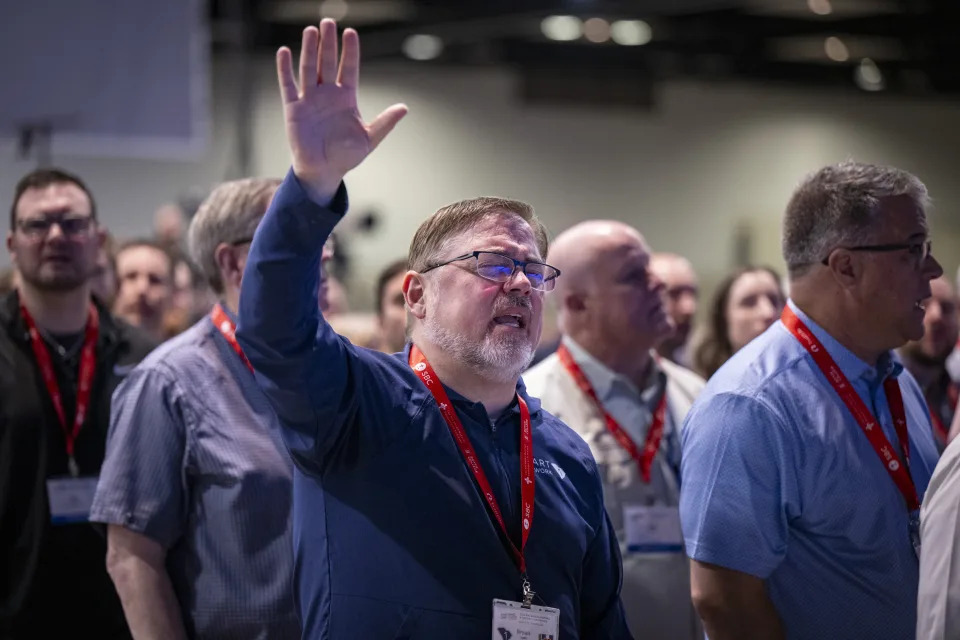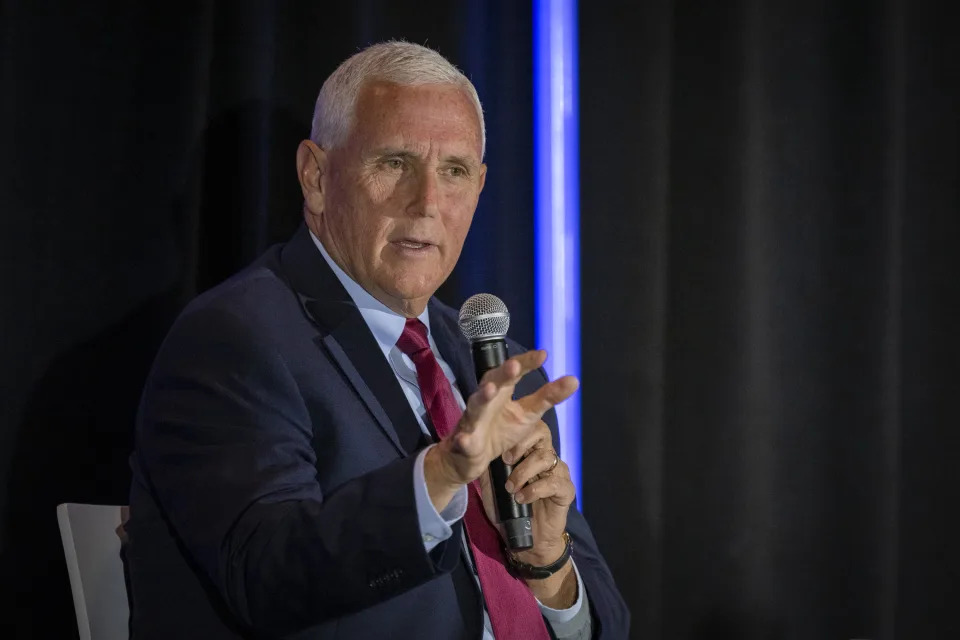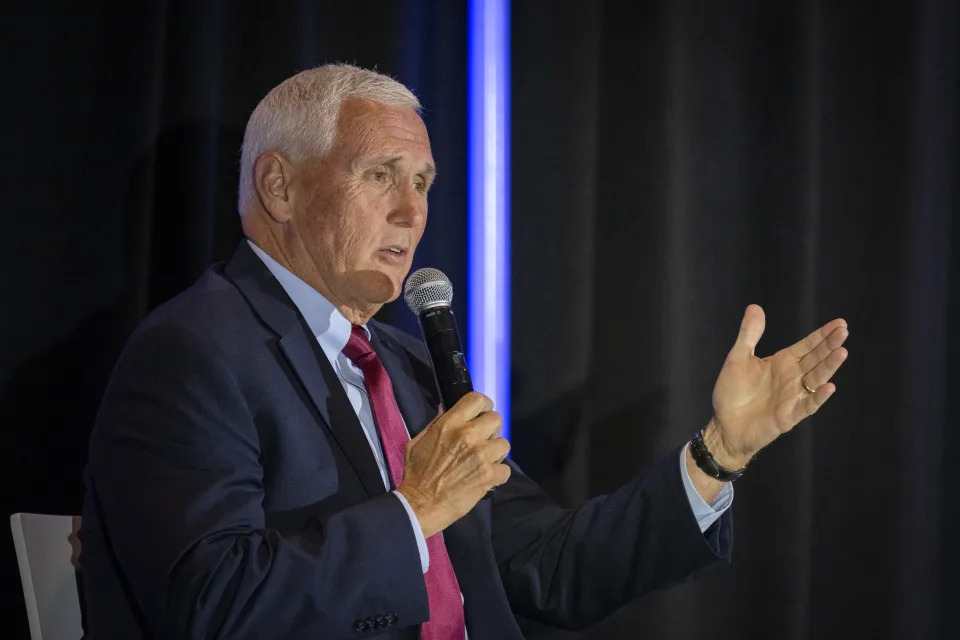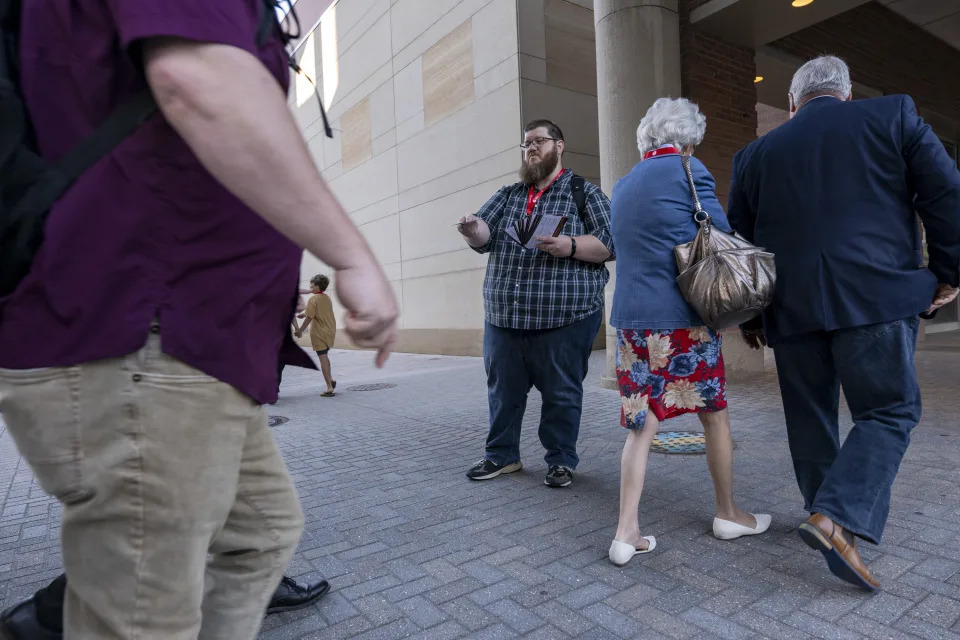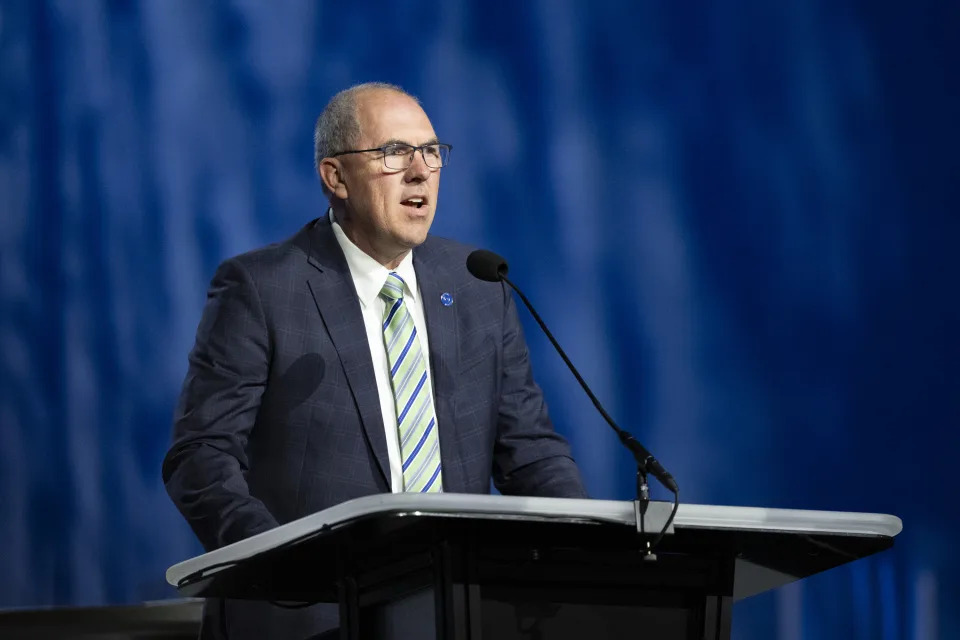
FILE PHOTO: Intel logo ·Reuters
Reuters
Mon, Jun 10, 2024
JERUSALEM (Reuters) - Intel Corp is halting plans for a $25-billion factory in Israel, Israeli financial news website Calcalist said on Monday, in a report that the chipmaker did not confirm or deny.
The U.S. company, asked about the report, cited the need to adapt big projects to changing timelines, without directly referring to the project.
"Israel continues to be one of our key global manufacturing and R&D sites and we remain fully committed to the region," Intel said in a statement.
"Managing large-scale projects, especially in our industry, often involves adapting to changing timelines. Our decisions are based on business conditions, market dynamics and responsible capital management," it said.
Israel's government in December agreed to give Intel a $3.2-billion grant to build the $25-billion chip plant in southern Israel.
Intel has previously said that the factory proposed for its Kiryat Gat site, where it has an existing chip plant, was an "important part of Intel’s efforts to foster a more resilient global supply chain" alongside the company’s investments in Europe and the United States.
Intel operates four development and production sites in Israel, including its manufacturing plant in Kiryat Gat called Fab 28. The factory produces Intel 7 technology, or 10-nanometer chips.
The planned Fab 38 plant was due to open in 2028 and operate through 2035.
Intel employs nearly 12,000 people in Israel.
(Reporting by Ari Rabinovitch; editing by James Mackenzie and Rod Nickel)
